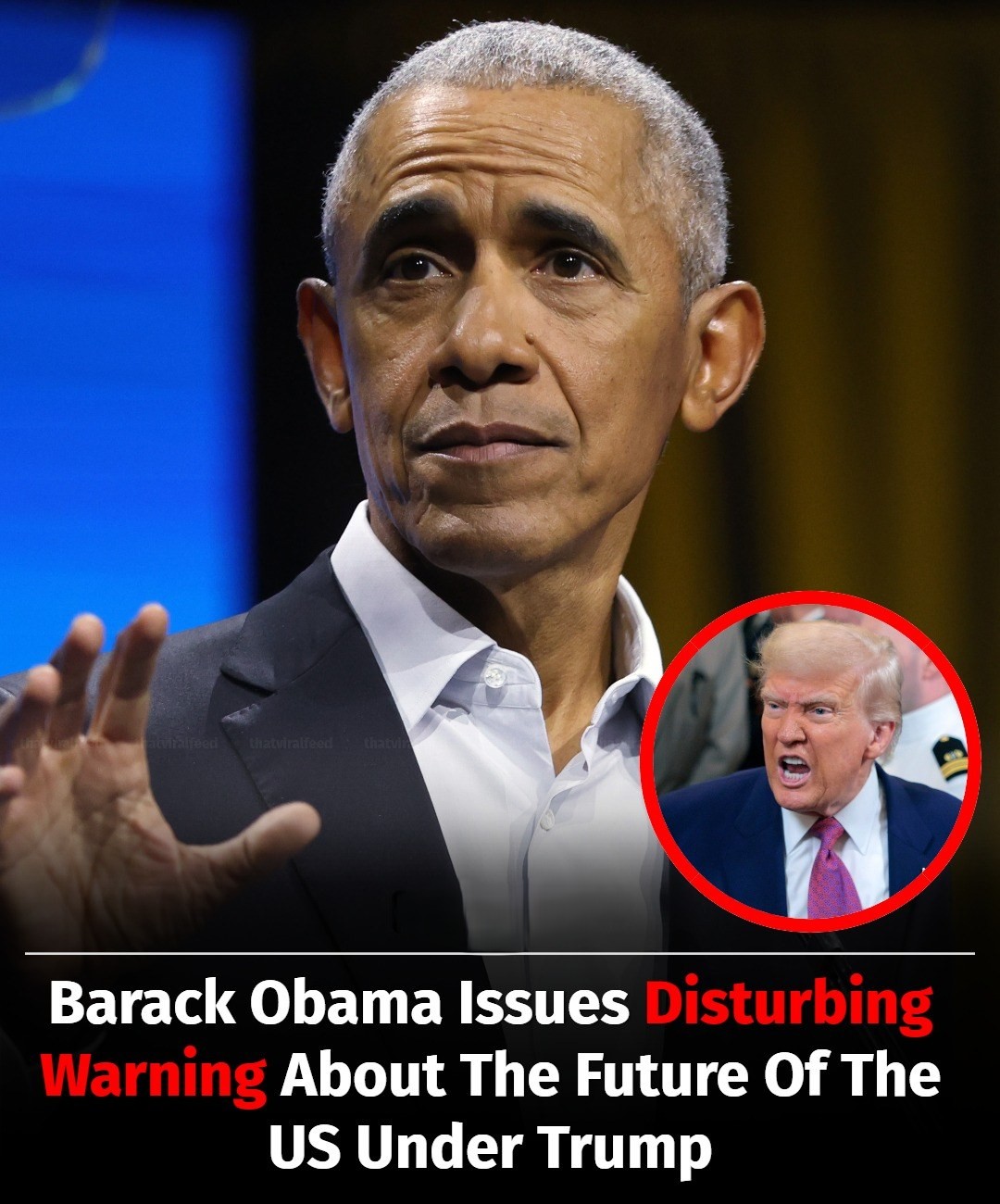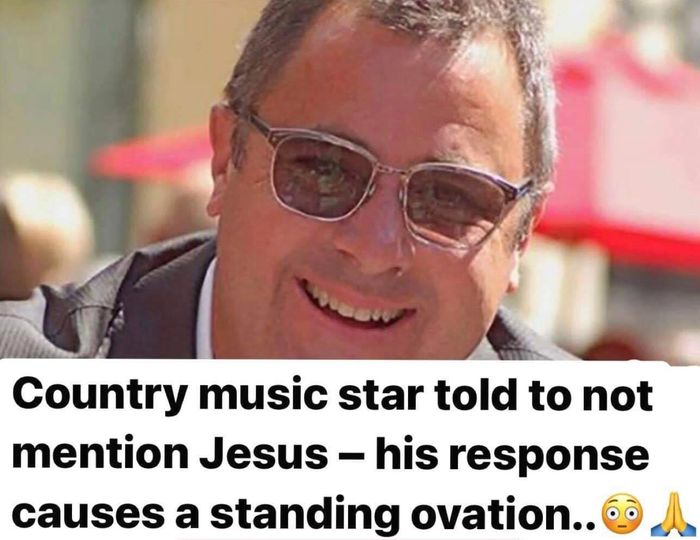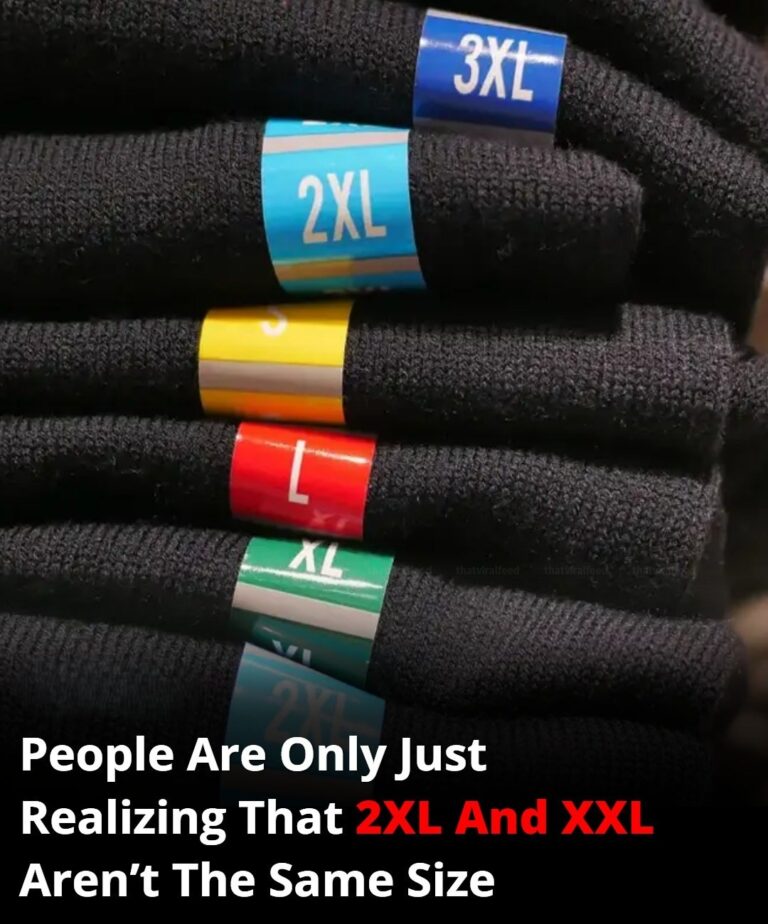Barack Obama Shares Serious Warning About Donald Trump And What Lies Ahead For The US
Since leaving office at the beginning of 2017, Obama has mostly stayed out of the political spotlight, aside from the occasional public appearance or viral photo moment.
He has, however, spoken out a few times to express criticism of Trump’s decisions—such as freezing Harvard’s funding and introducing a controversial tariff policy—making it clear he hasn’t agreed with the way things were handled.
But this time, Obama’s tone is much more serious. He’s sharing a grim view of what the future could look like for America if things continue under the Trump administration. He’s warning that what we’re seeing unfold simply ‘is not consistent with American democracy’.
During a talk on the evening of June 17 in Hartford, Connecticut, Obama said the country is getting ‘dangerously close’ to shifting toward an autocratic style of government.
He even pointed to examples of other countries to show what the U.S. could start to resemble politically if the current path isn’t changed.
What is an autocracy?
An autocracy is a form of government where a single person holds total power and makes decisions without needing approval from others.
This kind of leadership has been around for centuries, going back to historical rulers like kings and emperors, according to information from National Geographic.
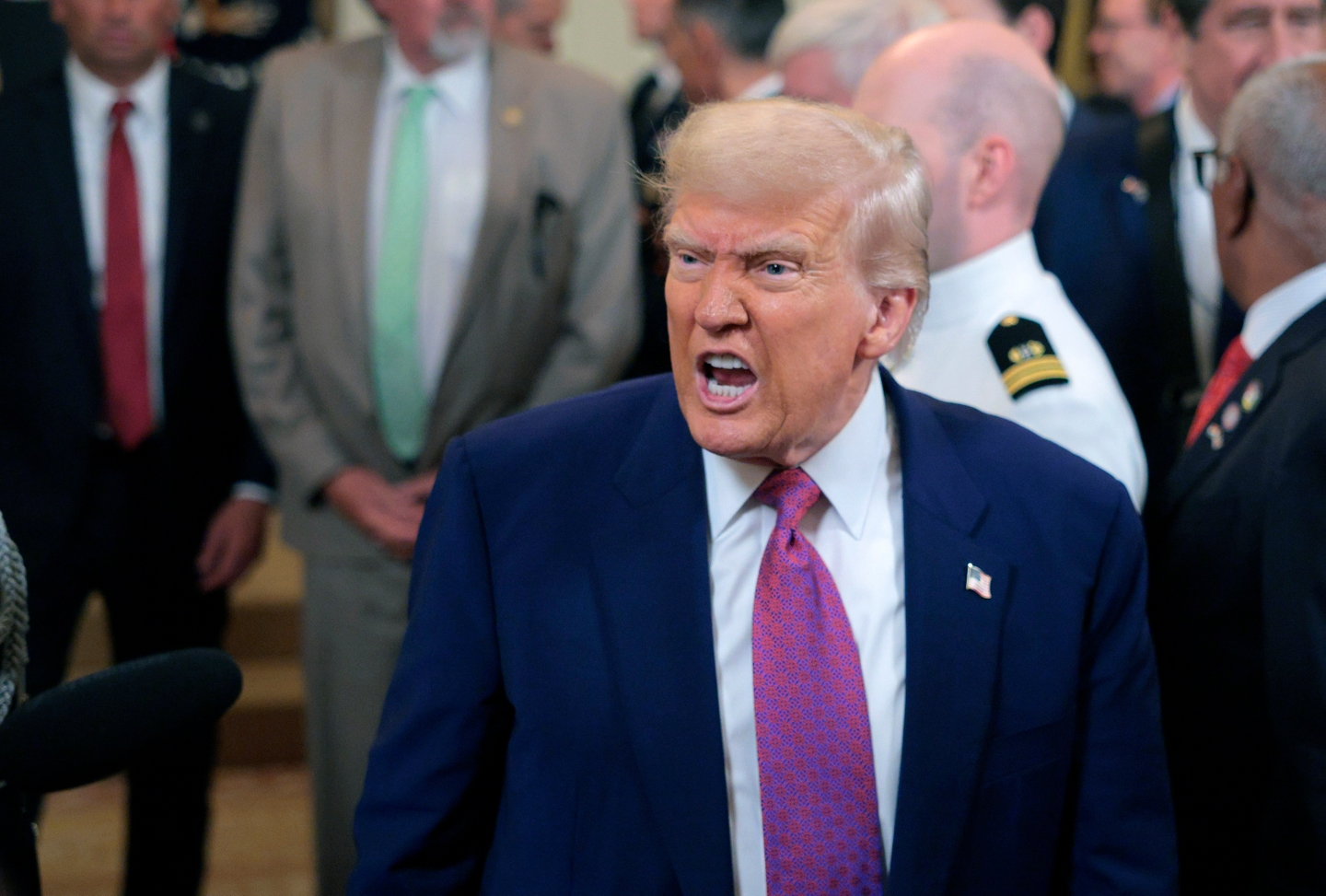
Leaders in these systems don’t have to answer to courts, advisors, or even the public. They make decisions on their own without any checks in place.
People living under autocracies usually don’t get a say in how the laws are created or enforced, and their voices often go unheard in government.
What did Barack Obama say about the US under Trump?
Obama didn’t hold back when it came to expressing his belief that America is edging closer to an autocracy.
During his remarks, he stated: “If you follow regularly what is said by those who are in charge of the federal government right now, there is a weak commitment to what we understood — and not just my generation, at least since World War II — our understanding of how a liberal democracy is supposed to work.”
“What we’re seeing right now … is not consistent with American democracy.”
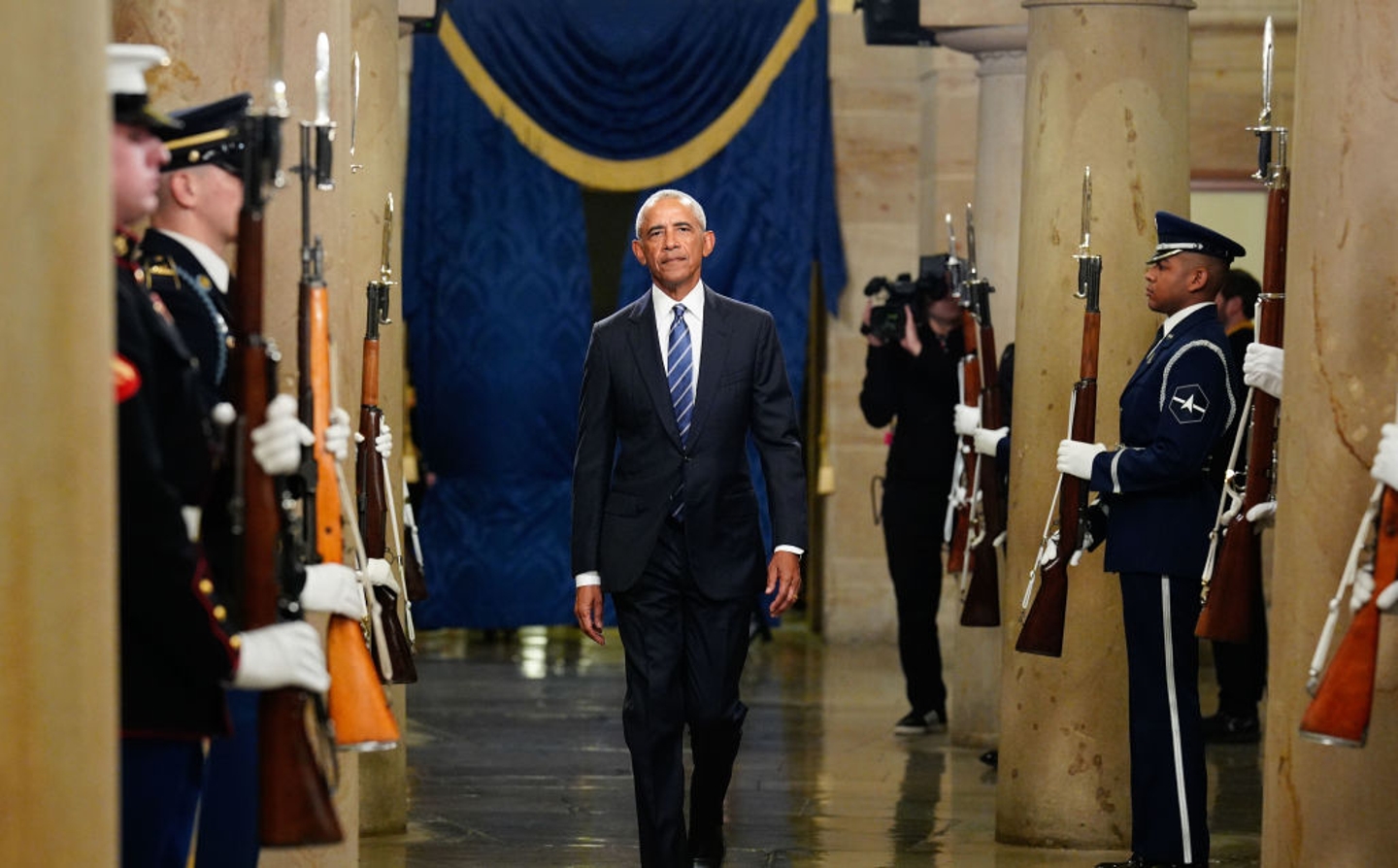
“We’re not there yet completely, but I think that we are dangerously close to normalizing behavior like that.”
Why is this relevant now?
Just a few days earlier, on June 14, large protests erupted across the country. These demonstrations, known as the ‘No King’ rallies, were held in opposition to Donald Trump’s policies.
According to CNN, over 2,000 events were organized across all 50 states. Protestors wanted to stand against authoritarianism, push back on policies favoring billionaires, and raise concerns about the increasing militarization of democratic institutions.
In Los Angeles, protests also targeted Trump’s backing of ICE and its actions in the area. The situation became even more intense when Trump called in the National Guard to respond to the unrest.
He added: “There also has to be people in government in both parties who say, ‘Well, no, you can’t do that.'”
What is Barack Obama’s solution?
Even though Obama pointed out several risks and challenges facing the country, his message still carried a sense of hope for the future.
He offered a few ideas for how the U.S. can move forward in a better direction. He also took time to share advice for younger generations coming of age during these uncertain times.
He said: “I’m still optimistic — I’m still the ‘hope’ guy. … I guess the thing when I’m talking to these young people, though, [what] they need to hear the most is: It is important to be impatient with injustice and cruelty, and there’s a healthy outrage that we should be exhibiting in terms of what’s currently happening both here and around the world.”
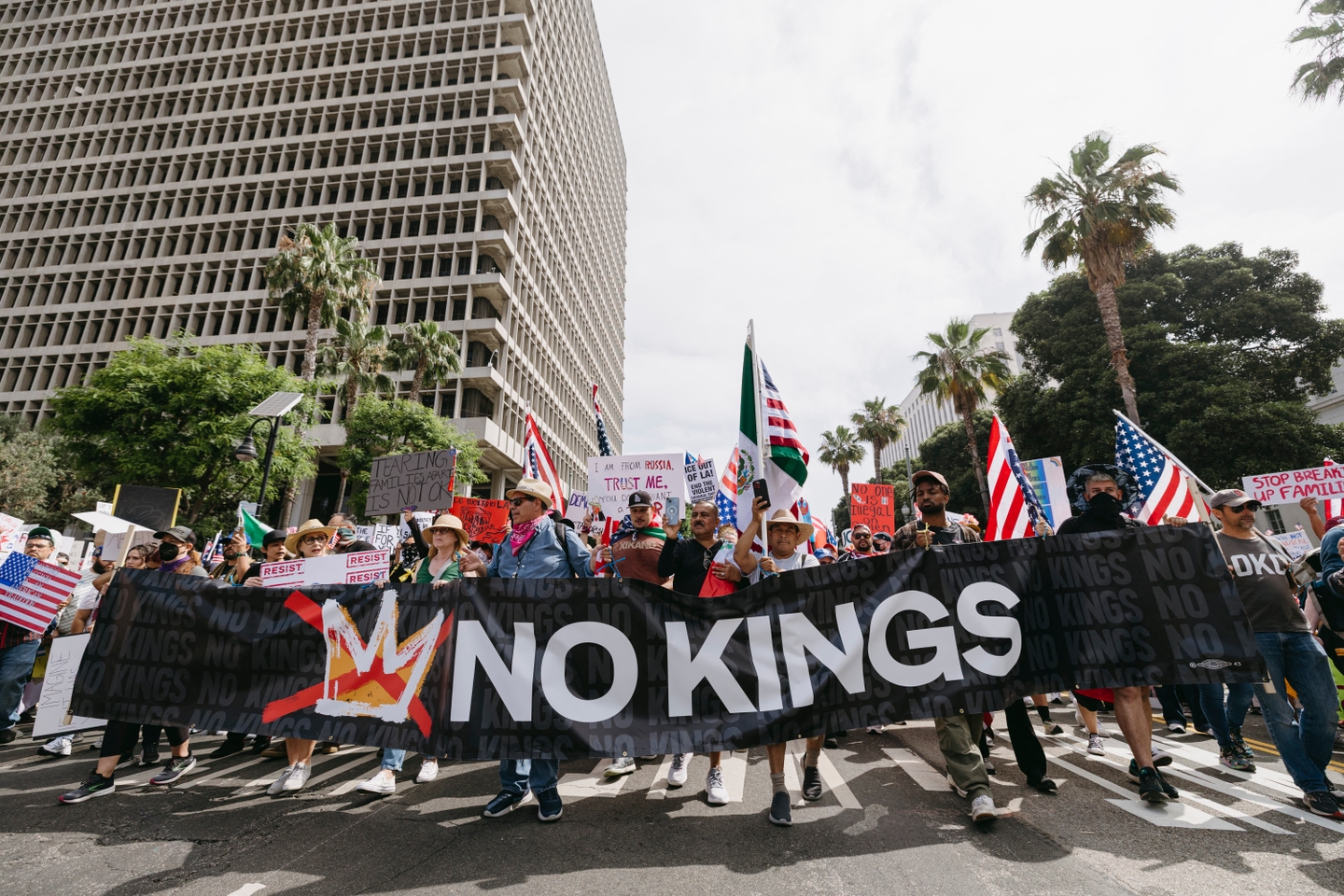
Reflecting on what truly strengthens democracy, Obama emphasized the power of connection and collaboration between people, even those with different views.
He explained: “When people actually meet and they get to know each other and then they work on a common endeavor, then what Lincoln called those ‘better angels’ come out.”
“People start recognizing themselves in each other and they start trusting each other, and that’s not just the basis for democracy, but that’s the basis for our long-term salvation.”
